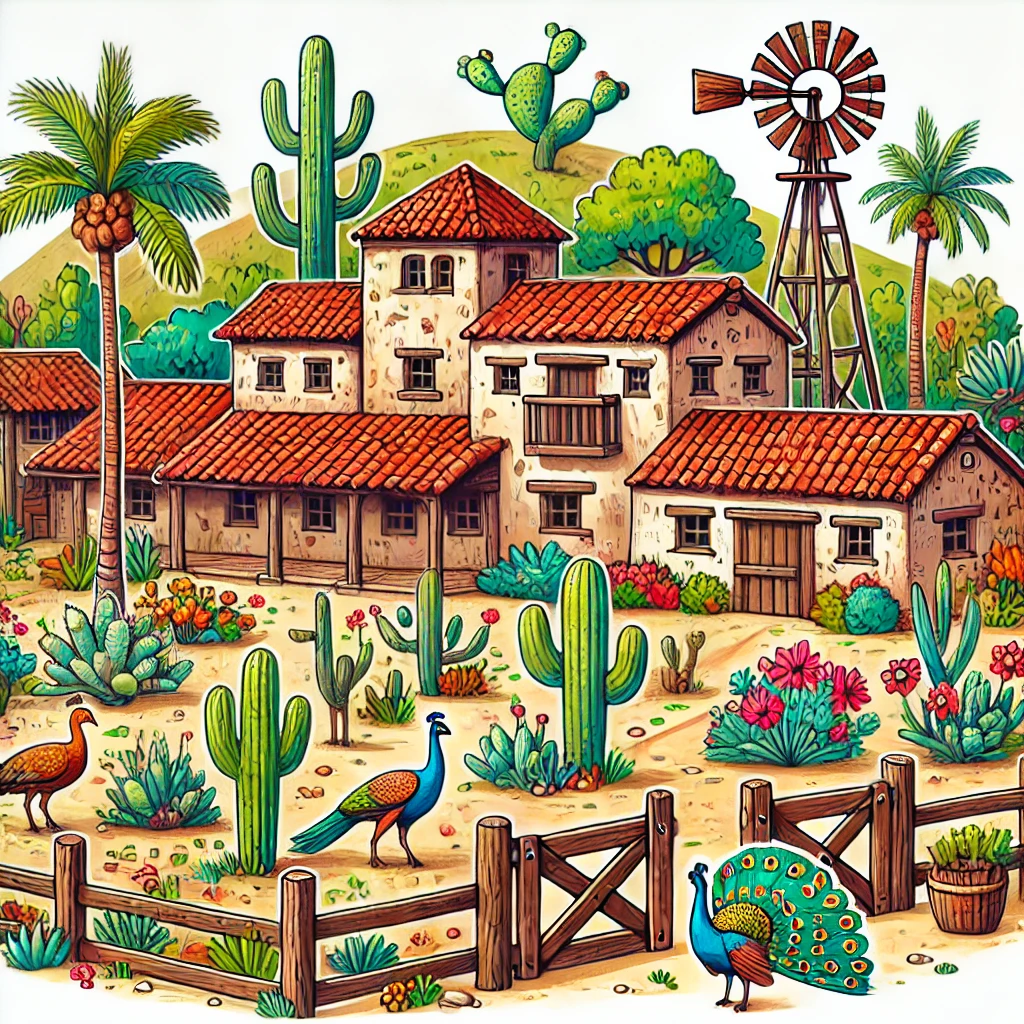Housekeeping is one of the most essential services inside senior living communities. A clean environment supports health, safety, and comfort for residents, but the work behind it is often misunderstood. Many wonder, is housekeeping for senior living hard? The answer is that while the job comes with physical and emotional challenges, it is also deeply meaningful, as housekeepers play a vital role in maintaining dignity and quality of life for seniors.
Challenges Faced by Housekeeping Staff
Housekeeping is one of the most important services inside senior living communities. A clean, safe, and organized environment supports health and quality of life for residents. Families often ask about the work behind it: is housekeeping for senior living hard? The answer depends on perspective. Housekeeping in senior living is different from cleaning in hotels or private homes. It comes with unique responsibilities, challenges, and rewards.
This article explains what senior living housekeeping involves, why it matters, and what makes the work both demanding and meaningful.
Explore Leo Carrillo Ranch Fame: From Stage and Screen to Cultural Legacy
Role of housekeeping in senior living
Housekeeping in senior living facilities goes beyond surface cleaning. It supports infection control, safety, and dignity for residents. Staff members clean apartments, shared spaces, dining areas, and medical rooms. They handle laundry, sanitize bathrooms, and maintain a healthy environment where seniors can feel comfortable.
Unlike hotel housekeeping, the goal is not just to create a spotless room but to support daily living. Housekeepers become part of the care team that helps seniors enjoy their home.

Daily responsibilities
Housekeepers in senior living communities typically manage both individual rooms and common areas. Their tasks include making beds, dusting, vacuuming, cleaning bathrooms, doing laundry, and sanitizing high-touch surfaces. In dining areas, they help keep kitchens and tables safe and clean.
Many seniors rely on housekeepers not just for cleaning but also for small acts of support, such as helping tidy up belongings or keeping living spaces organized.
Explore What Are the Different Types of Senior Living Facilities
Challenges of the job
Housekeeping in senior living can be hard for several reasons.
First, it requires sensitivity. Seniors may have personal routines or health conditions that affect how their spaces should be cleaned. Memory care residents, for example, may feel confused if items are moved. Housekeepers must balance thorough cleaning with respect for personal comfort.
Second, the work can be physically demanding. Lifting laundry, bending, and cleaning multiple rooms in a day requires energy and stamina.
Third, emotional challenges exist. Housekeepers often build bonds with residents, which makes the work more personal. Seeing residents face illness or decline can be difficult.
Read: When to Move to Senior Living
Rewards of the job
While housekeeping in senior living has challenges, it also offers unique rewards. Housekeepers often form close relationships with residents. Their work directly contributes to comfort, dignity, and health. A clean, fresh space helps seniors feel at home and reduces risks from germs or clutter.
Unlike hotel or office cleaning, senior living housekeeping has a human element. Staff see the impact of their work in the daily lives of residents.
Learn What Is a Senior Living Advisor
Training and teamwork
Housekeepers in senior living communities receive special training. They learn about infection control, safe cleaning products, and respectful communication with seniors. In memory care units, staff are trained to approach residents with patience and understanding.
Housekeeping is also part of a team effort. Staff members coordinate with nurses, caregivers, and activity coordinators to support the overall well-being of residents.
Do You Know How Old Do You Have to Be for Senior Living?
Why housekeeping matters for seniors
For seniors, housekeeping is more than just cleaning. It is about safety, health, and dignity.
Clean spaces reduce the risk of falls by removing clutter. Sanitation prevents the spread of illness. Fresh laundry and organized rooms improve mental well-being. For many seniors, these details mean comfort and quality of life.
Families often look at the quality of housekeeping when choosing a senior living community. It is a visible sign of care and respect.
Learn How to Monitor Seniors Living Alone
Is housekeeping for senior living hard?
The work is demanding, but it is also meaningful. It requires physical effort, emotional sensitivity, and attention to detail. The hardest part is not just the cleaning but the responsibility of creating a safe home for vulnerable residents.
At the same time, many housekeepers find joy in the relationships they build and the knowledge that their work makes a real difference every day.
Conclusion: The True Value of Senior Living Housekeeping
So, is housekeeping for senior living hard? Yes, the job comes with physical demands and emotional challenges. But it is also rewarding and essential. Housekeepers are more than cleaners. They are part of the care team that protects health, ensures safety, and supports dignity for seniors.
In senior living, a clean room is not just a task checked off a list. It is an expression of respect and compassion. Housekeeping may be hard work, but it is also heart work that improves the lives of seniors in meaningful ways.
Go To Leo Carrillo Ranch